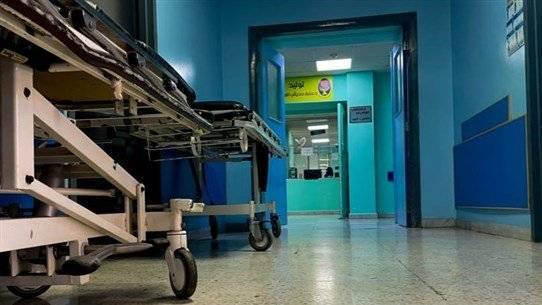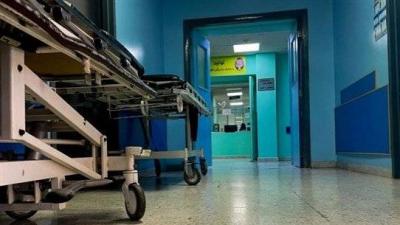A noticeable increase has been recorded in the number of people suffering from critical conditions that require hospital care. Shockingly, these individuals are visiting clinics only after their conditions have worsened to unmanageable levels, hoping to find alternative ways to deal with their illnesses—all to avoid going to hospitals and incurring associated costs.
A citizen from Baalbeck says, "I realized that going to the emergency room was necessary when I noticed the sudden change in the color of my toe, but I also realized that going to the hospital would cost me no less than two million Lebanese pounds. I cannot afford such an amount when I have no source of income." He adds, "My son earns less than 50,000 Lebanese pounds daily, and we need this money to buy food and secure housing." This 74-year-old man suffers from diabetes and high blood pressure; he visited a clinic in Arsal in Baalbeck when he needed hospital care!
Doctors Without Borders indicates that "the patient has been visiting the clinic for three years and has not been able to afford the costs of the healthcare system designated for diabetic patients, which contributed to a further deterioration of his condition and led to the amputation of his left foot later." It points out that "the man noticed the color change in his toe two weeks before visiting the clinic, but he turned a blind eye and did not tell anyone knowing that he would not be able to bear the costs of receiving necessary care in the hospital."
In this context, Tracy Makhlouf, the communications director at Doctors Without Borders in Lebanon, tells MTV that "the economic crisis has prevented many from being able to afford hospital care, and people are postponing receiving the necessary medical treatment in a timely manner. What has further complicated the situation is that people's salaries have lost a significant portion of their value, hindering citizens from bearing care costs or resorting to private insurance that covers these costs."
There has been a sharp decline in the actual value of state contributions, as the National Social Security Fund, along with the Ministry of Public Health, has largely covered hospital fees based on the patient’s employment status and medical criteria. Often, these contributions covered between 85% to 90% of the costs, while the patient paid the remaining percentage.
However, amid the current economic crisis, the social security fund and the Ministry of Health cover only a small portion of actual costs; they too are suffering financially, which has hindered them from providing greater assistance. Doctors Without Borders explains: "Currently, hospital fees are determined based on the current value of the local currency in the market, while the National Social Security Fund and the Ministry of Health are still providing assistance based on the currency value before the crisis, forcing the patient to bear approximately 90% of the actual expenses."
The crises continue to escalate with the absence of solutions, so what awaits the Lebanese after this?




